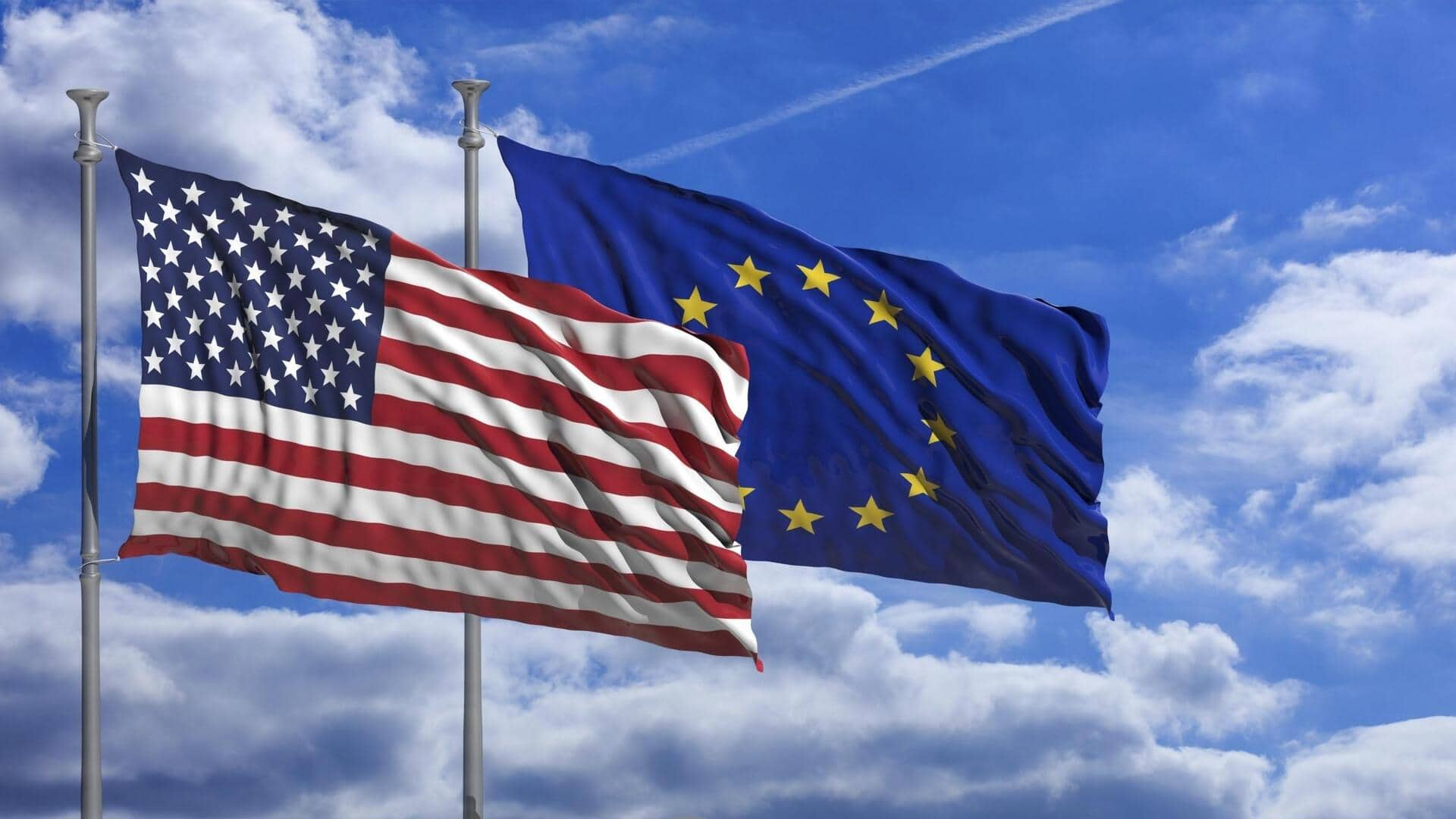
Why US wants Europe to reconsider rules for Big Tech
What's the story
US Commerce Secretary Howard Lutnick has urged Europe to reconsider its regulations on Big Tech companies, in exchange for lower tariff rates on European steel and aluminum exports. The comment comes as US and EU officials meet in Brussels to review a trade deal reached in July. Under the ongoing discussions, the US set a 15% tariff rate on European goods, which is lower than previously threatened.
Ongoing discussions
Trade deal negotiations and metal tariffs
The discussions in July included promises of European investments and changes that would allow more American agricultural products into Europe. However, some aspects of the agreement remain contentious. European officials had hoped to secure relief for their metals exports, but the US continues to impose a 50% duty and has expanded the number of products subject to the levy.
Exemption requests
Europe seeks tariff exemptions on specific products
Europe is hoping to win carve-outs from tariffs for products like wine, cheese, and pasta, similar to the rollback the Donald Trump administration recently granted for tropical fruit and coffee. US Trade Representative Jamieson Greer indicated that the US wants Europe to fulfill its commitment to lower tariffs on American goods before considering these exemptions.
Tech negotiations
US seeks concessions on European tech regulations
Greer and Lutnick also said that the US wants concessions on European tech regulations in return for changes to metals tariffs. "They would like to have steel and aluminum as part of this package and we think it is very, very important that they understand our digital companies and they reconsider their digital regulations to be more inviting to our big companies," Lutnick told Bloomberg Television.
Tax disputes
US concerns over Europe's digital services taxes
The US has long argued that digital services taxes, which levy charges on revenue from streaming or digital advertising companies above a certain size, unfairly target American firms. US companies have also been critical of Europe's Digital Markets Act, which came into effect last year and aims to promote competition by enforcing rules such as making Apple's iPhones compatible with non-Apple devices like headphones.